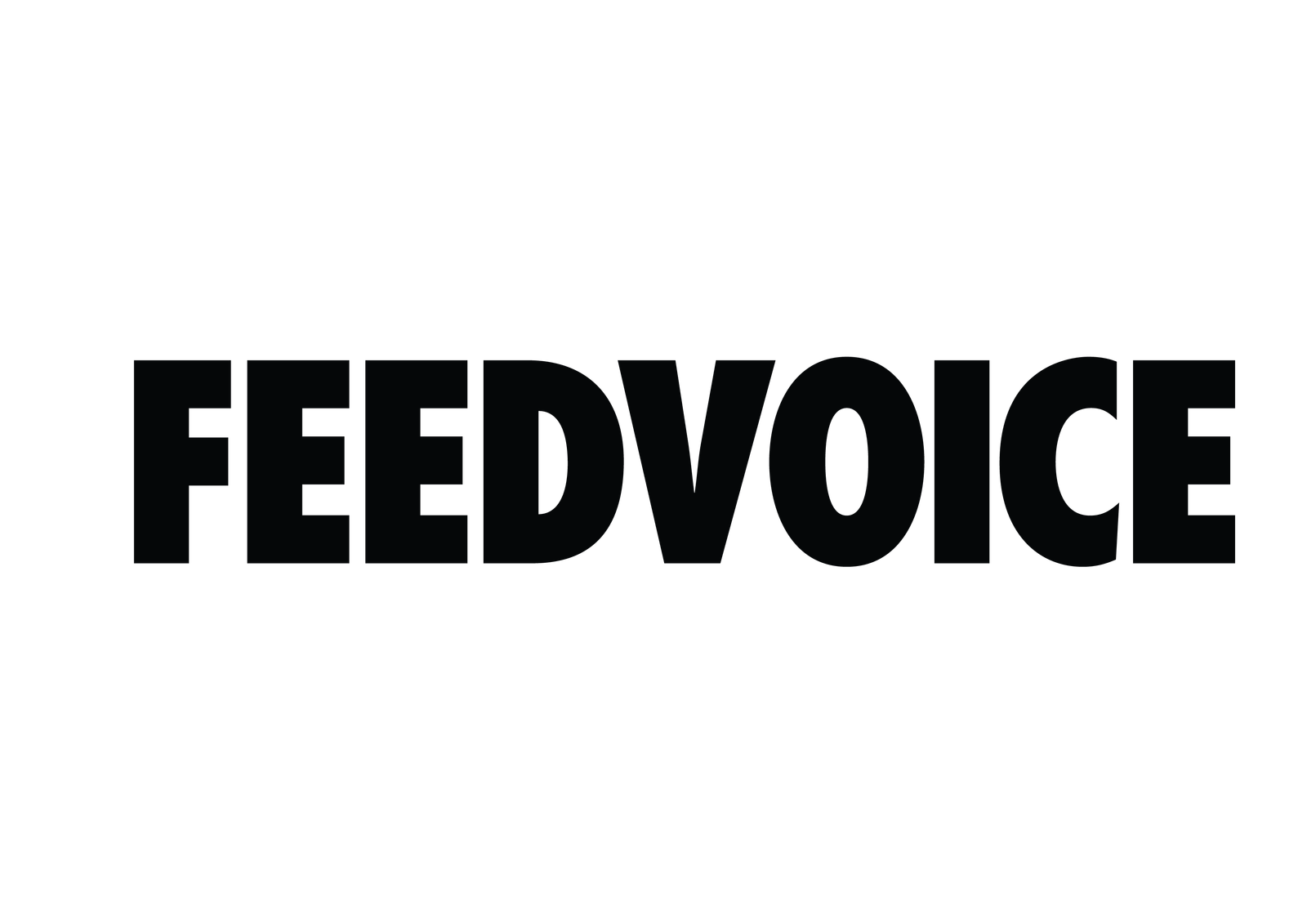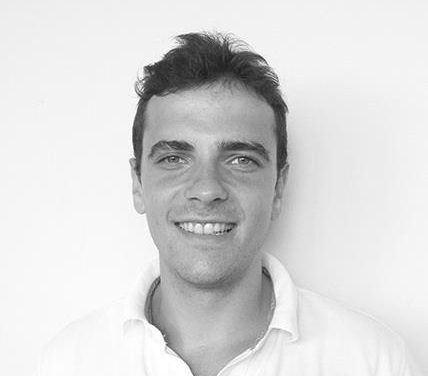Resilience is the ability to make difficult decisions. When you are in charge of a company and its employees, you sometimes have to make hard choices, those that are necessary for the survival of the company.
Charles Passereau
Let’s learn a little about you and really get to experience what makes us tick – starting at our beginnings. Where did your story begin?
Charles Passereau: It all started during an internship: I discovered the fascinating world of startups while working for a customer acquisition platform in the tourism sector. I was lucky enough to work with the company’s director, who inspired me to become an entrepreneur. After completing a Bachelor’s in Finance and a Master’s degree in Entrepreneurship, I created my first company at the age of 25. It was an abject failure: four months after the launch, I filed for bankruptcy.
But I didn’t give up. In eight years, I created eight other startups in a wide variety of sectors: insurance, luxury watches, perfumes… Mostly SaaS-based marketplaces. Some of my greatest successes are French SaaS-based marketplaces: moncourtier.fr and monavocat.fr (platforms dedicated to brokers and lawyers respectively).
And then, in 2018 I had the idea that gave birth to WeLink. I realized that all SMEs share a common pain point: their online visibility. Small and medium-sized businesses don’t have the time, means, or inclination to manage their online presence. WeLink provides a solution that fits everyone, with:
- A personalized page for each member;
- Powerful SEO tools to ensure visibility;
- A SalesTech
After two and a half years, WeLink has 200 employees and has deployed its product in eight European countries and in five core industries.
Can you tell us a story about the hard times that you faced when you first started your journey? Did you ever consider giving up?
Charles Passereau: My first business was a failure due to my lack of knowledge of the market and its standards. It was a real blow. At the age of 25, I lost all my capital. I never thought of stopping. Being an entrepreneur is a leap of faith and second-nature quality. There was no other way but to continue until I succeeded.
I started again, with a very small budget which forced me to use all my ingenuity: finding premises, setting up a website… All this is possible even when you have no capital! At that point in my life, I learned a lot: I managed my company alone, which was very instructive.
What are the most common mistakes you see entrepreneurs make and what would you suggest they do?
Charles Passereau: I see many entrepreneurs underestimating the importance of knowing how to sell their products. You can spend two years doing R&D without thinking about the “Go to Market”. And then, when the product is launched, the company misses the boat. You can have an excellent product and never succeed. You have to give as much importance to the preparation and training of your sales force as to the development of the offer.
Resilience is critical in critical times like the ones we are going through now. How would you define resilience?
Charles Passereau: Resilience is the ability to make difficult decisions. When you are in charge of a company and its employees, you sometimes have to make hard choices, those that are necessary for the survival of the company.
In your opinion, what makes your company stand out from the competition?
Charles Passereau: It’s probably our excellent knowledge of the SME market: it’s a difficult market to address, for which our experience of over 10 years is a key advantage. We understand their pain points and their needs and we are able to respond to them.
Our product is ultra-scalable because it provides a solution to a common pain point for all SMEs in the world. Having a good knowledge of SMEs allows us to address a huge market. The proof: in two and a half years, we have deployed our solution in eight countries, in five industry sectors.
Our customer acquisition and satisfaction processes are our secret ingredients and are what make us successful!
You are a successful business leader. Which three character traits do you think were most instrumental to your success?
Charles Passereau: The quality that best characterises me? I have self-confidence and I am constantly in doubt. Two elements that allow me to innovate, to go for it when I have to, and to make the right decisions. The second is human: I know how to choose my collaborators and be humble enough to listen to them. The teams around you are crucial to the success of your project. Finally, perseverance is essential for me: when faced with failure, I know how to react and move forward no matter what.
To succeed, you need two things: courage and people you can trust.
How important do you think it is for a leader to be mindful of his own brand?
Charles Passereau: This is a key element, especially when you are in the startup sector. The logic of a startup is hypergrowth and ambition; so you go looking for investors. Your potential investors, beyond the product and the results of your company, will make their decision based on you, on how you inspire them: what they come for is the entrepreneur. It is therefore essential to work on your personal brand, your own visibility, etc. to raise funds.
How would you define “leadership”?
Charles Passereau: It’s being able to get your people on board with your vision and strategy. Each member of my team is important to me, and I show them that. As a leader, you are there to bring value to your employees and make them grow with you!
Do you think entrepreneurship is something that you’re born with or something that you can learn along the way?
Charles Passereau: Very good question! From my point of view, the entrepreneurial mentality is natural. We are born as entrepreneurs. And what defines this mentality is our degree of risk aversion. When you are an entrepreneur, you have to accept the possibility of losing everything. This implies a certain recklessness, a taste for risk that is innate.
What’s your favorite “business” quote and how has it affected your business decisions?
Charles Passereau: “There are many ways not to succeed, but the safest way is to never take risks.” – Benjamin Franklin
That’s my mindset. It allows me to stay level-headed and not hesitate to take the plunge. Being sure to take the right risks allows me to motivate my teams, reassure them, and give them confidence under all circumstances.
This interview was originally published on ValiantCEO.


